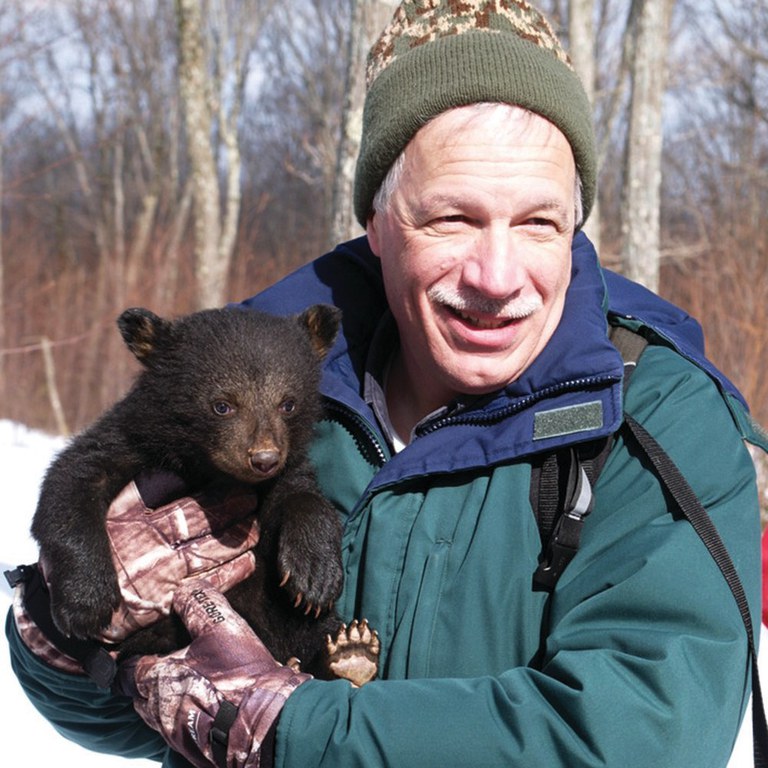Posted: October 4, 2019
Thirty-plus years of work with land-grant universities leaves Mike Messina proud of his career.
If Mike Messina has learned one thing from working for land-grant universities in three states for more than three decades, it's something he heard often during his stint with Texas A&M University: "Remember who you came to the dance with."
In his case, Messina, professor and head of the Department of Ecosystem Science and Management, who retired on June 28, came to the dance with the land-grant university mission. He never forgot that.
"As I go out the door here, we remain the center of excellence for natural resources education, research, and extension," he said. "I like the fact that the College of Agricultural Sciences at Penn State epitomizes the land-grant mission."
Messina said that during his 10-plus years he has enjoyed Penn State's commitment to keeping in touch with the citizenry of Pennsylvania.
Rick Roush, dean of the college, pointed out that Messina ably led the School of Forest Resources through tough times dictated by a 20 percent Commonwealth budget cut to the college in 2011 and the subsequent creation of the Department of Ecosystem Science and Management.
"Mike is well connected to the forestry industry and the public sector in forestry and wildlife management, with a focus on Pennsylvania," Roush said. "I am grateful that Mike has educated me about both, which has helped me to serve both the department and the college more effectively. He also will be missed for his wry and quick sense of humor."
Roush named David Eissenstat, professor of woody plant physiology, as interim head of the Department of Ecosystem Science and Management.
--Jeff Mulhollem
Features
Fostering Forests
Across the United States, forests face unprecedented threats, and scientists in Penn State's College of Agricultural Sciences are conducting novel and complex research to conserve them.
Buzzing With Purpose
Community scientists work to protect Pennsylvania's wild bees
Conservation Reimagined
Exploring new approaches to cope with a changing climate



